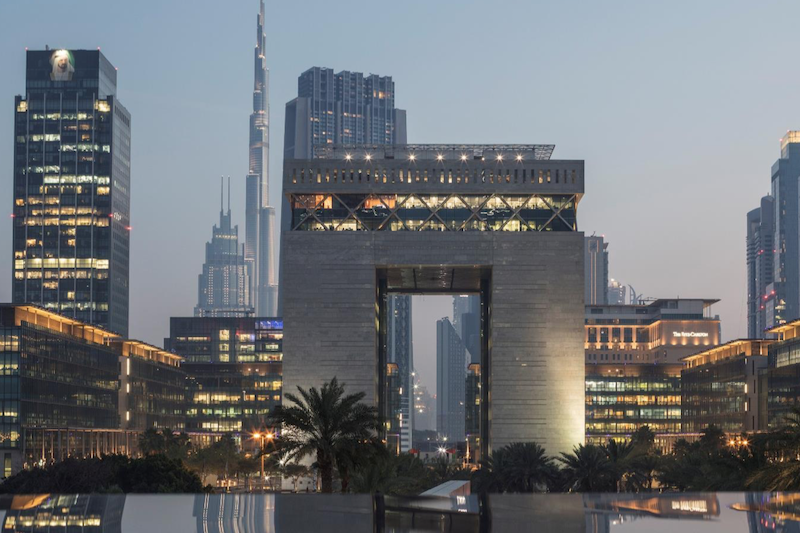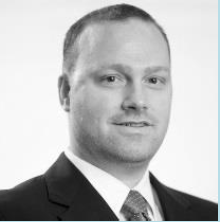By Greg Mayew | 30 January 2019
|
The Author
Greg Mayew Greg Mayew joined Afridi & Angell in 2004 and is the partner in charge of the Abu Dhabi office. He is involved in the firm’s corporate and commercial, capital markets, construction, project finance, and banking practices. Greg holds a JD from the University of Minnesota Law School, a master’s degree from the Massachusetts Institute of Technology and a BA from the University of Denver. He is a member of the New York State Bar. Prior to joining Afridi & Angell, Greg was an associate at the London and New York offices of a leading firm. |
In late November 2018, the Securities and Commodities Authority (SCA), the Dubai Financial Services Authority (DFSA) of the Dubai International Financial Centre (DIFC) and the Financial Services Regulatory Authority (FSRA) of the Abu Dhabi Global Market (ADGM) announced that they had reached agreement on facilitating the licensing of domestic funds by each authority for promotion across the UAE.
This is a potentially significant development. Historically, onshore legislation in the UAE has not been suitable for the formation of funds in the UAE. This has changed somewhat in light of the new UAE Commercial Companies Law that came into effect in 2015 and subsequent regulations issued by the SCA designed to encourage domestic fund formation.
The DIFC and the ADGM have more comprehensive legislation regarding funds and funds established in these jurisdictions are not subject to the 51% UAE ownership requirement. Hence, they are generally viewed as more attractive destinations to establish funds than the UAE proper. However, the existence of three different regulatory regimes in the UAE has been an impediment to the growth of funds set up in the DIFC or the ADGM. Most potential
investors are not located in these financial free zones and a fund
set up in one of these zones must comply with the regulatory regime of the SCA when marketing to investors in the UAE. This not only increases the regulatory burden because such funds have to comply with the laws of two different jurisdictions with very different rules but, as a practical matter, it means that a fund set up in the DIFC or the ADGM has been treated the same as a fund set up in foreign country as far as the SCA is concerned.
Hopefully, the new regime that will be developed under the agreement signed by the SCA, the DFSA and the FSRA will put an end to that. The press release states:
“The SCA, DFSA, and FSRA agreed on a common legislative framework in their respective jurisdictions, enabling them, to facilitate regulatory coordination amongst them in licensing domestic funds upon the adoption of the legislation. The three bodies confirmed that funds, which are licensed in accordance with the provisions of this agreement and the licensing regulations, may be promoted in or from the financial free zones in the UAE, in line with the provisions of the agreement and the licensing regulations. Under the terms of the agreement, a notification and registration facility will be established by each regulator, facilitating the promotion and sale of domestic funds, set up within the UAE, outside the financial free zones, or in either of the DIFC or ADGM, to potential investors situated anywhere in the UAE, and under a single licence.”
In other words, if the new regime works as advertised, a fund set up in the DIFC or the ADGM will be able to market and sell to investors throughout the UAE while only having to comply with the regulatory requirements of its jurisdiction of incorporation.
It is not yet clear how long it will take to implement the new regime contemplated by the agreement. The press release states that the SCA, DFSA, and the FSRA have agreed to establish common rules to implement the regulatory regime contemplated by the agreement but provides no estimated timetable for when such rules might be published. It further explains that the authorities will undertake a consultation process regarding the proposed new regime. Notwithstanding the tentative nature of these formal communications, it appears that some investment firms in the DIFC are already advertising this new capability.
This agreement represents a very encouraging development that could have a positive impact on making the UAE a much more attractive place to establish funds.
| Afridi & Angell Founded in 1975, Afridi & Angell is a full-service UAE law firm in its fifth decade at the forefront of the legal community. From the beginning, our hallmarks have been a commitment to quality, unsurpassed knowledge of the law and the legal environment, and crafting of innovative business solutions. Licensed in the three largest Emirates of Abu Dhabi, Dubai and Sharjah as well as the Dubai International Financial Centre, our practice areas include banking and finance; corporate and commercial law; arbitration and litigation; construction; real estate; infrastructure projects; energy; project finance; maritime (wet and dry); and employment. We advise local, regional and global clients ranging in size and sophistication from start-ups, sole proprietorships, family-owned businesses, entrepreneurs and investors to some of the world’s largest public and private companies, governments and quasi-government institutions. We attract and retain clients with our dedication to practical guidance focused on their business needs supported by decades of experience here in our home jurisdiction, the UAE. Afridi & Angell is the exclusive member firm in the UAE of top legal networks and associations, most notably Lex Mundi, the world’s leading network of independent law firms, and World Services Group. |
| Afridi & Angell’s Legal Alert provides a brief overview and commentary on recent legal announcements and developments. Comments and opinions contained herein are general information only. They should not be regarded or relied upon as legal advice.© 2018, Afridi & Angell |



